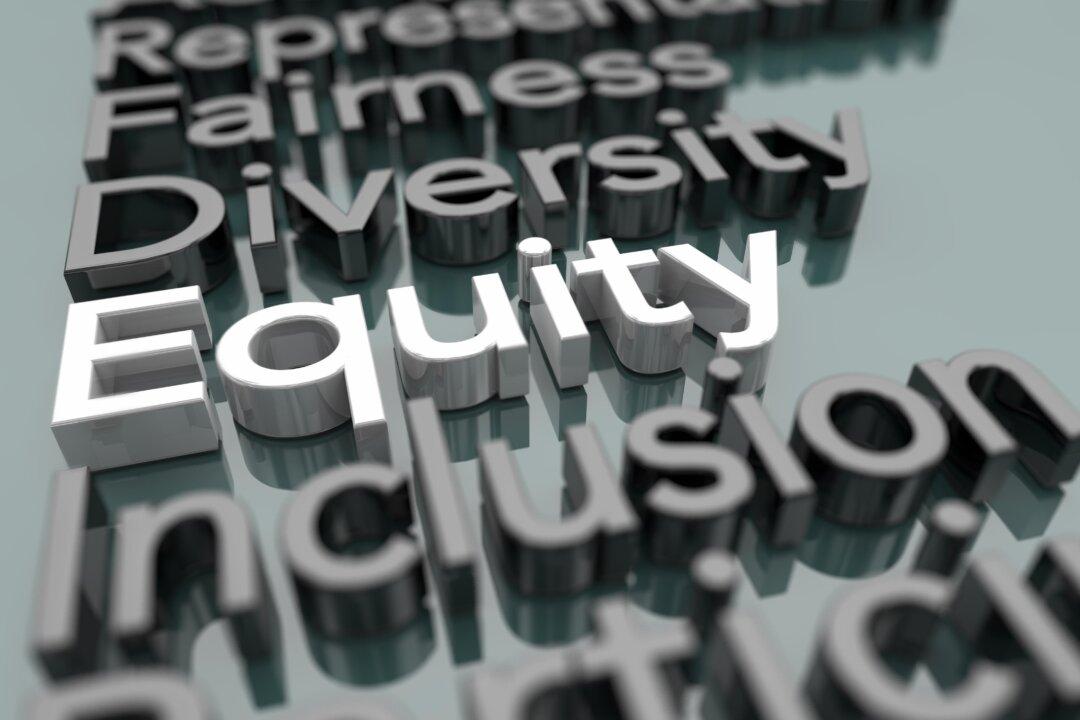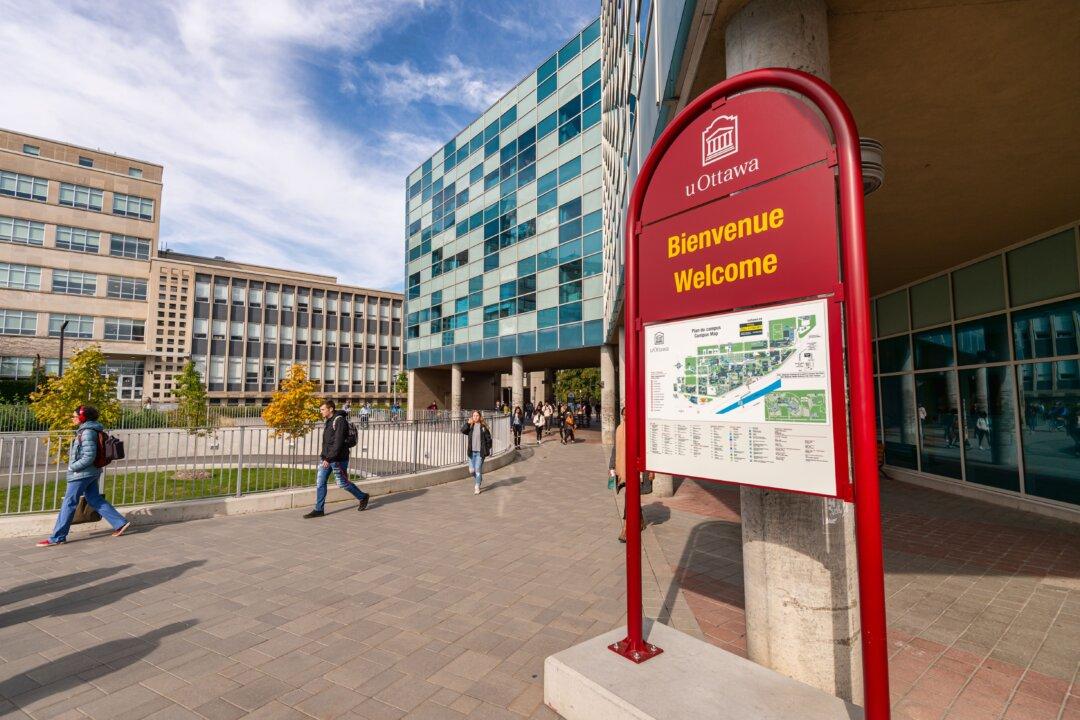Commentary
A report issued by the Committee on Academic Freedom at the University of Ottawa has been framed in the media as a win for professors and a loss for students. Indeed, the committee states that “there is no right not to feel offended since academic freedom protects controversial and hurtful statements.” Its members also oppose “the exclusion of words, works or ideas” in the dissemination of knowledge.



